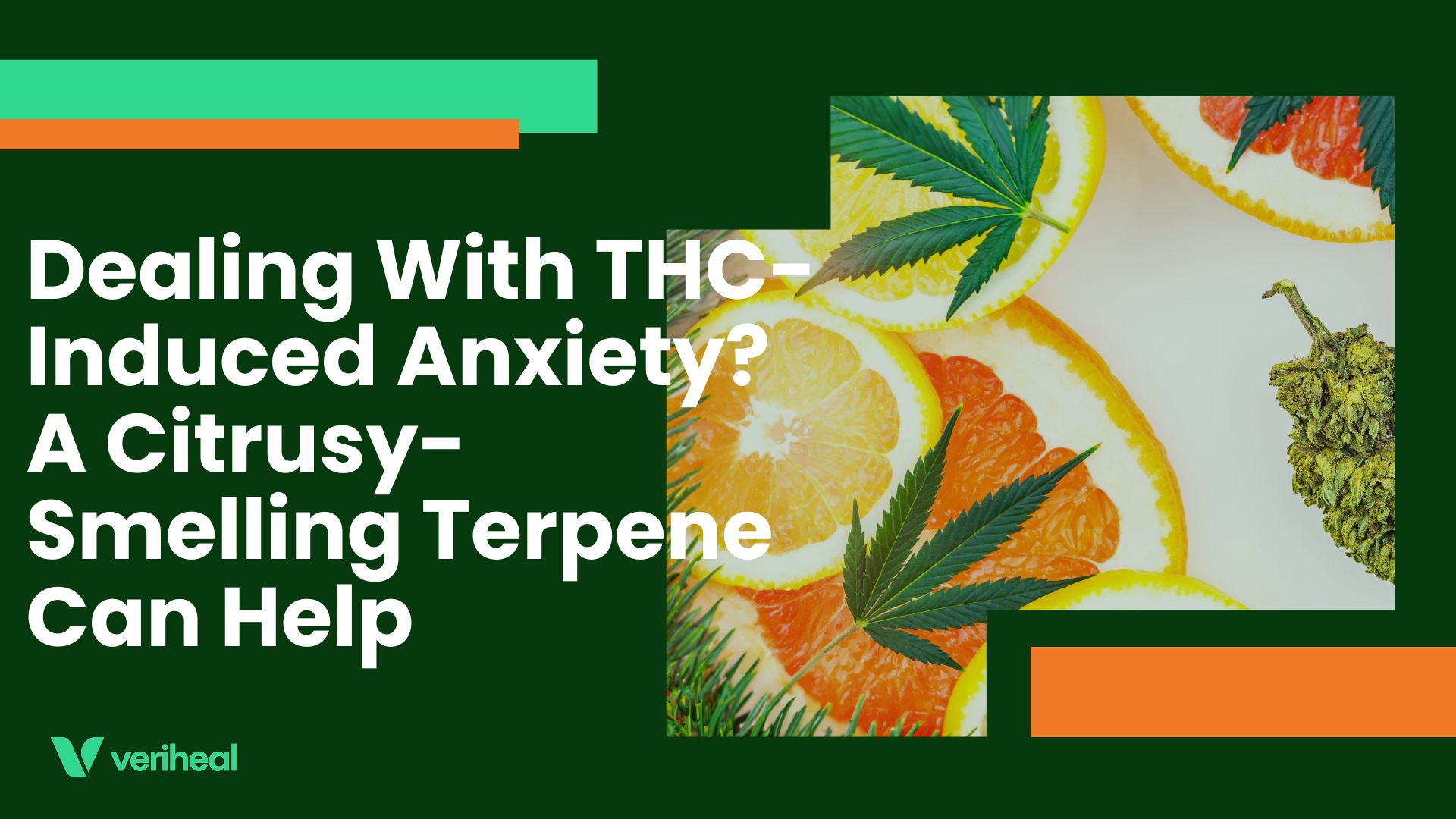A recent study by the National Institute on Drug Abuse (NIDA) has uncovered something fascinating–a citrusy-smelling terpene showed promise in alleviating cannabis-induced anxiety and paranoia. Anxiety is a common side effect of cannabis use for many people, who are often searching for strains and terpenes that don’t cause it.
This research was published in the Drug and Alcohol Dependence journal by scientists from Johns Hopkins University, the University of Colorado, and Vashon, Washington-based CReDO Science. It identified the terpene D-limonene as a potential savior to those who experience weed-related paranoia. Their research states that people who vaporized this terpene along with THC had less anxiety and paranoia than people who only consumed THC.
Researchers wrote: “Ratings of anxiety-like subjective effects qualitatively decreased as D-limonene dose increased, and concurrent administration of 30 mg THC+15 mg D-limonene significantly reduced ratings of ‘anxious/nervous’ and ‘paranoid’ compared with 30 mg THC alone.”
During the study, participants’ vital signs, cognitive performance, and mood were measured right after inhaling the products and again several times over the course of six hours. They were either given D-limonene, THC, or a combination of the two to determine their reactions.
Why You Should Get Your Medical Marijuana Card
Veriheal has satisfied millions of patients nationwide by giving them access to these benefits
- Larger purchase limits
- Peace of mind
- Enhanced legal protection
- Access to higher potency strains
- Save up to 25% on cannabis purchases
- Skip the line at the dispensary
“Given the growing interest in the use of cannabis for medicinal purposes and expanding legalization of cannabis for nonmedicinal purposes, further understanding of which constituents may increase the safety profile of cannabis by attenuating acute adverse effects (e.g., anxiety and paranoia), and which constituents may exacerbate adverse effects, is paramount for advancing the use of cannabinoids in medicine and, more broadly, protecting public health,” the authors wrote.
In layman’s terms, it’s vital to figure out which parts of cannabis can make it safer by reducing bad effects like anxiety and paranoia and which parts might make these effects worse. This will help make better medicines using cannabinoids and keep people healthier overall.
This study is part of a larger trend in researching the effects of cannabis, entheogenic plants, and fungi, and it highlights the strong potential for interactions among different chemicals naturally produced by cannabis.
As more research is conducted in this vein, scientists may eventually uncover strains that don’t cause any anxiety or paranoia. This would have significant ramifications for people who use medicinal cannabis for a variety of purposes, particularly mental disorders like anxiety and depression.
D-limonene is commonly found in citrus fruits like oranges, and it has a similar smell to match. If you’d like to try it, ask your local budtender for strains with this terpene, or try smelling various strains to detect the fruity aroma.
Author, Share & Comments
















